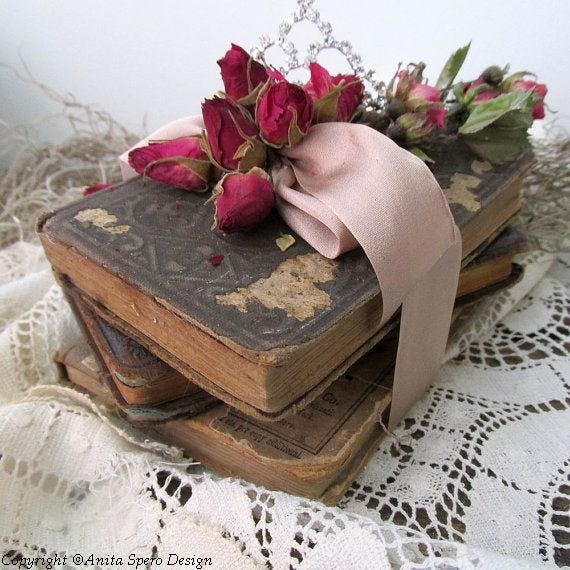Questions and Answers:
I belong to a children’s writers and authors group online. Since I'm an author, I was asked by the group moderator if I would be the group's 'Resident of the Day Expert', and answer some questions from aspiring writers in the group.
I thought there might be some children’s writers with similar questions here on Substack. I chose three questions and answers to share with you.
Dear CJ,
Before your first book was published, did you ever come close to throwing in the towel and giving up? What kept you going?
Marc
Hello, Marc,
No, I never considered giving up. If anything, anytime I got discouraged by rejections, I doubled my efforts, because I wanted to be published so badly I could taste it!
I left a full time job to try and get my book published. I decided if I didn't get a contract by the end of six months, I would go back to work and consider my writing "a nice little hobby".
Well, it's a good thing it worked out, because I know now, it isn't just a hobby. Writing is as much a part of me as my eyes, or my hands.
Don’t let rejections discourage you. Remember, it only takes one "Yes" to be published. Be persistent, be dedicated, and above all else …
… believe in yourself and your work.
CJ
When you write for children, do you ever get 'carried away' into something too complicated and you’re forced to simplify? In other words, how do you know what a child aged x years-old will like and understand?
Millie.
Hi Millie,
To find out whether something works and if it can be understood by children at certain ages, I guess you could say I have a system.
When I write a poem or story for children, I try it out first on my grandchildren. I have eleven, nine boys and two girls, ranging in age from ten to twenty-six. They're my best and most honest critics.
When it works, it works. When it doesn't, I get the audible "raspberries". Then after finding out why it was raspberried, I head back to the laptop to re-think, re-write, and then I re-read it to my grandchildren again for another opinion.
As I write, I already have an idea what ages it will appeal to. When I read to my grandchildren, I can get a further confirmation by just watching which of them gets the most out of what the poem or story is about. Who laughs or giggles longest or loudest?
Children know what's funny, what's scary, what will make them sad, or mom and dad angry. Ask your children, or grandchildren. Go to a library, a playground, or the children’s ward of a hospital and find a group of little ones to read to.
When writing for children, go to the source for feedback ...
Hi, CJ,
I love all your short stories! What aspect is the most difficult part of getting published?
Melissa
Hi Melissa,
Thank you for your kind comment and your question. I don't think there's anything easy about getting published, but if I had to choose THE most difficult aspect for me, it would be the infernal editing
As writers, we have a tendency to think every word is necessary to the story. Wrong! Our readers are smarter than we think. When we can say something in twelve words, why take a hundred?
Read. Edit. Read it again. Edit. Then have someone else read your story. Listen to their comments and edit some more. My partner, Robert, and I edit each other's work. I think the one word we overuse the most is ‘that’. In one short story of 1120 words, we cut out 47 ‘thats’!
My answer to your question is -- "Editing".
Trust in yourself …
CJ’s World is reader supported.
If you enjoy my writing, please
consider a paid subscription,
so I can continue writing.
Thank you.




Hi C.J, l have always wanted to write a children’s picture book, though l think that is my inner child who still loves children’s books … and also the poetry you write for children. 🙏🏼💜
Love the advice! And love the idea of writing for children. I’m glad you get to do it full time!